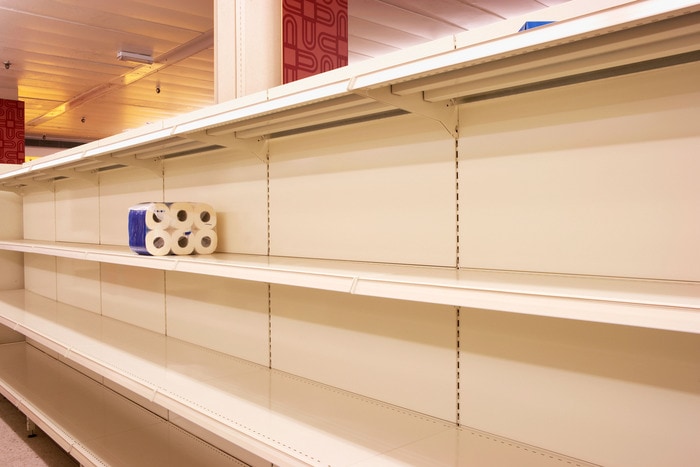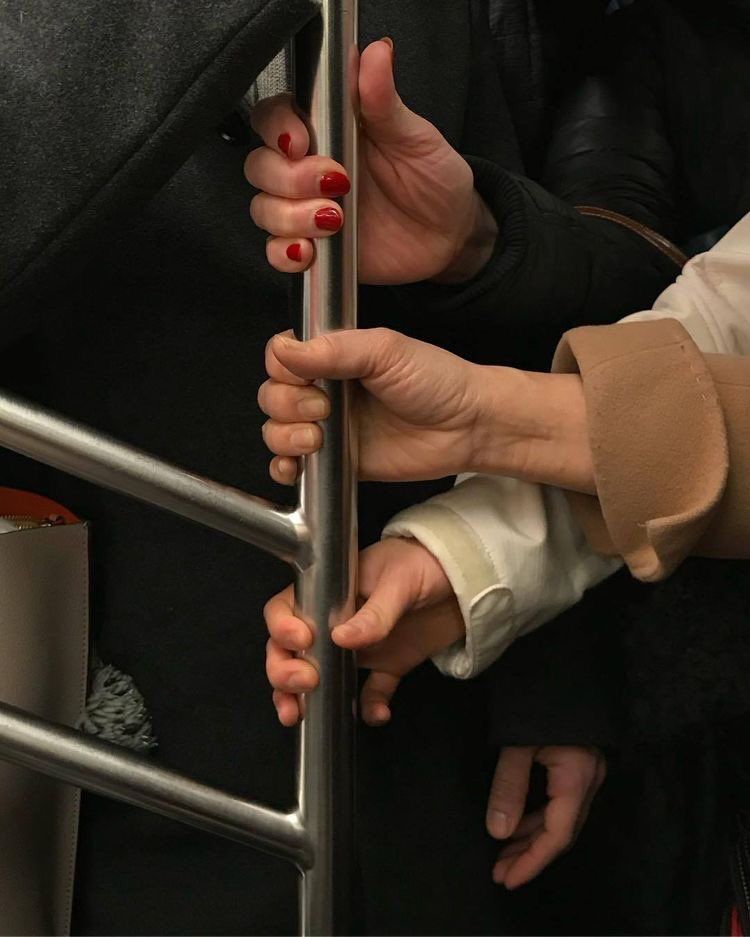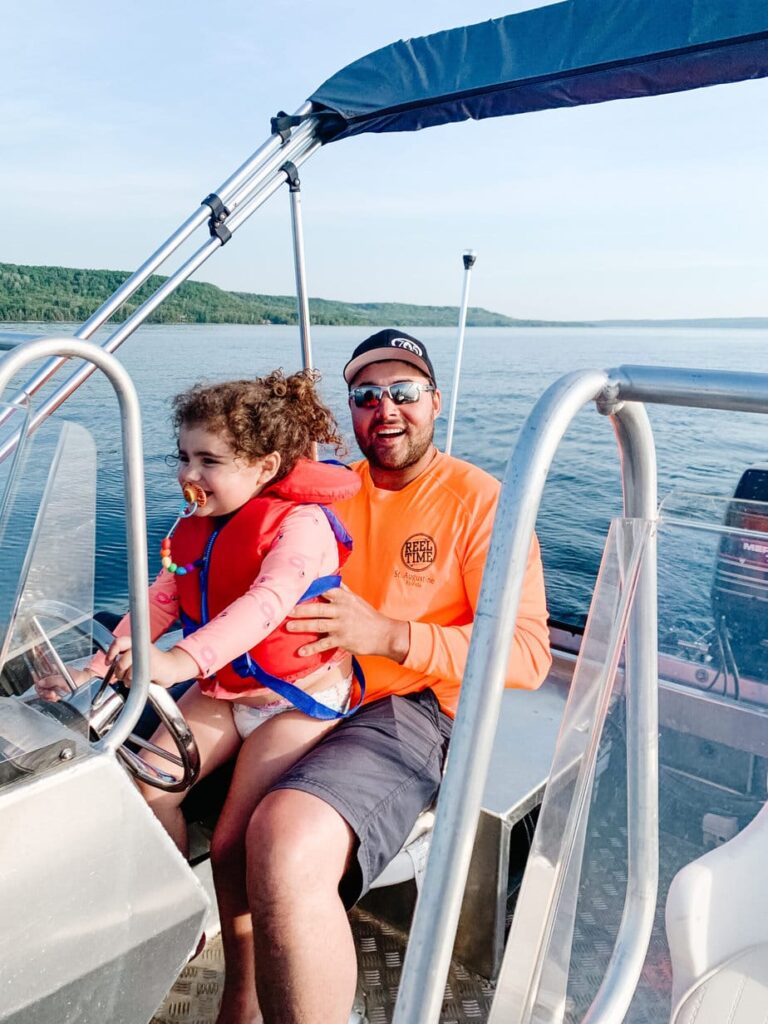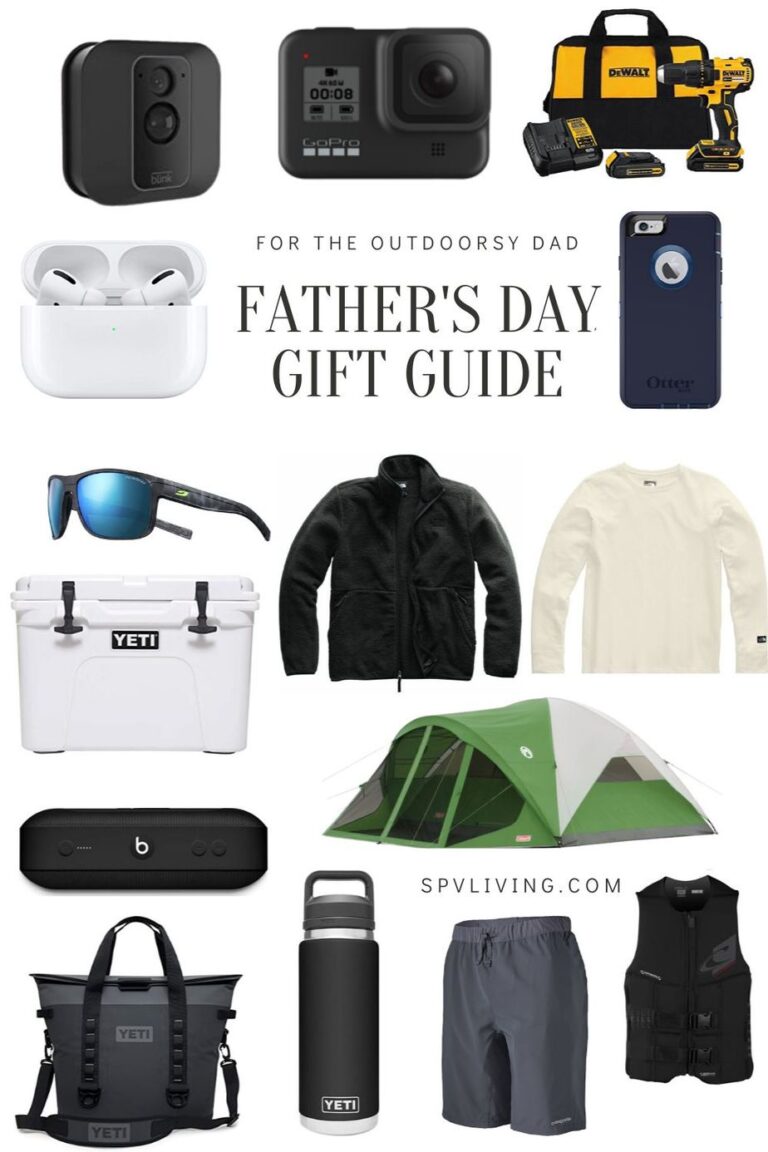Let’s get some of the facts straight about COVid-19
Disclaimer: I am not a doctor and these are the facts as we know them from health care, scientists and governments around the world, are presented in this blog post. Also, as new information is being added from reliable and factual sources I will add the new information here.
With recent events, I wanted to share some facts, tips, and advice about the Corona Virus or Covid-19 with you. There is a lot of worry, panic, and confusion going around right now especially online. Yesterday we did our weekly grocery shopping and I was amazed to see the rumors were true and there were a lot of people panicking and stocking up on everything, the lines to buy groceries we’re long and there was no toilet paper left. Thankfully we are fully stocked in everything we need, and both of us don’t need to go anywhere for work at the moment. Our lifestyle hasn’t changed much because we prefer to live a quiet life, away from any major city. But for many other people that is not an option and with Ontario School closures and the threats of local cities and towns being in quarantine, you probably have a lot of questions. So to cut out the noise and get to the facts in easy to understand terms I wrote a little post on the Coronavirus Covid-19 with the help of scientists, reporters, and creditable sources.
Be aware of how you are consuming information
I know most people obtain their information from social platforms instead of news sources. This means the majority of us are seeking information from the commentary of others rather than factual information. That is how why we are seeing panic buying of things like hand sanitizer, masks and now the toilet paper fiasco. If you are feeling stressed or confused over the information I would suggest you stay off social media sites and focus on government released information. Remember panic is contagious!
I wanted to share some factual information from trustworthy sources because there seems to be a lot of panic due to illegitimate sources. We are responding as a result of what is happening in other countries. Public Health experts think there are many invisible cases wandering around the country and too many to contain.
What is the Corona Virus?
Coronaviruses (CoV) are a family of RNA viruses that typically cause mild respiratory disease in humans.1 However, the 2003 emergence of the severe acute respiratory disease coronavirus (SARS-CoV) demonstrated that CoVs are also capable of causing outbreaks of severe infections in humans.
Covid-19 is a Coronavirus, and coronaviruses originate in bats, are transmitted into another animal species and then are transmitted into humans. These viruses target the respiratory systems (the lungs) and appear like pneumonia or the flu they are transmitted from small droplets from your nose or your mouth. The mortality rate is significantly higher who are immune-compromised or over the age of 50. The common cold is a coronavirus, but there is a huge difference between Covid-19 and the flu.
What we don’t know
Revised: We now know how contagious it is and how many people have been infected. There is a vaccine in the works but some countries may not see it for up to two years.
What should we do to ensure we don’t get Corona Virus?
You should take preventative measures to protect yourself, loved ones, and those around you. Social distancing makes a difference, staying home and working remotely can save people’s lives. Italy was on complete lockdown for a month, which is a good idea if you have that option.
The virus is very susceptible to common anti-bacterial cleaning agents: bleach, hydrogen peroxide, alcohol-based.
What you need to know
Stockpile your critical prescription medications. Many pharma supply chains run through China. Pharma companies usually hold 2-3 months of raw materials, so they may run out given the disruption in China’s manufacturing.
How long does the virus last?
On cardboard it can last for 27 hours, plastic is 72 hours and copper is 4 hours. You can find more information about Covid-19 here.
Know the symptoms:
- The Coronavirus can cause a range of respiratory illnesses from the common cold to lung lesions and pneumonia.
- runny nose
- fatigue
- coughing
- YOU DONT NEED to have a fever
- sore throat
- shortness of breath
- ALSO, you can also have it and be shedding the virus and spreading it for days.
- It can spread through sneezing, coughing, etc.
How will you know if you have the coronavirus and not the cold?
You can have a mild case and it can feel just like a normal cold or flu or you can have it really bad and you will know you have it. At the moment there is no way to tell if you have it without getting a test done. If you think you have it, you need to call your doctor or health care professional who will tell you if you’re eligible to take the test. There are some medical centers asking people to wait in their vehicles when getting tested to minimize the spread of the virus.
If you have a cough or some of the symptoms what should you do?
If you think you’ve been exposed you need to isolate yourself and self-quarantine for 14 days. Contact your doctor or health professional and follow protocols to prevent the spread of any symptoms.
We currently think folks are infectious 2 days before through 14 days after onset of symptoms (T-2 to T+14 onset).
3 routes of infection
- hand to mouth and face
- Aerosol transmission (coughing, sneezing)
- fecal-oral routine
Why is everyone freaking out?
It’s still bad for the 20% of people who get the symptoms. It’s not about you getting sick it’s about our hospitals being overcapacity. Medical workers are reaching exhausting with no one available to relieve them. Doctors are having to make heartbreaking decisions and having to decide who gets the care and who doesn’t.
Fatality rate tracks closely with “co-morbidity”, ie the presence of other conditions that compromise the patient’s hearth, especially respiratory or cardiovascular illness. These conditions are higher in older adults. The risk of pneumonia is higher in older adults because after 50 the immune system dramatically declines.
Public Health systems are prepared to deal with short-term outbreaks that last for weeks, like an outbreak of meningitis. They do not have the capacity to sustain for outbreaks that last for months. Other solutions will have to be found.
School closures are one of the biggest societal impacts. We need to be thoughtful before we close schools, especially elementary schools because of the knock-on effects. If elementary kids are not in school then some hospital staff can’t come to work, which decreases hospital capacity at a time of surging demand for hospital services.
Is everyone overreacting?
We are currently where Italy was a week ago. We see nothing to say we will be substantially different.
Not if you look at what is happening in Iran and Italy. Based on what is happening there we can’t take this seriously enough. If you have symptoms and are young and healthy, how would you feel if you passed it on to someone with risk factors? It’s better to be safe than sorry.
There is no stopping the community spread of coronavirus, only mitigating or minimizing its impact.
“Eighty percent of people have such minor symptoms, they don’t actually require any medical care at all. The 20 percent who do feel quite ill need to be evaluated, and some of them will require hospitalization and some of them will require intensive care,” says Dr. Robert Murphy, executive director of the Institute for Global Health at the Northwestern University Feinberg School of Medicine.
While researchers are still learning about the new coronavirus, most people sickened by it appear to not get all that ill.
If you have extra supplies you can donate them to your local food banks.
Kids and the coronavirus
This information is based on the CDC and WHO and what they have seen around the globe. YES, children get the coronavirus but they are likely to get no symptoms at all. Most children who get it will get have flu-like symptoms but the issue is children can be carriers. So it is important to keep children away from older family members or people with weakened immune systems.
How to prevent the spread of coronavirus in children
- Teach kids practicable actions against transmission
- 20 seconds of handwashing (sing the song twice)
- cough or sneeze into a tissue or their arm
- tell them not to touch their eyes or nose
- a doctor suggested giving the kids sunglasses or glasses to prevent them from touching their face.
- ease their anxiety by explaining that they are “helpers” and they can help prevent the spread of this virus.
How to stay healthy
- Up your handwashing thoroughness
- when I come home I immediately throw my clothes into the hamper and take a shower before coming into contact with my kids and husband.
- Keep our shoes in the front entryway and spray them all down with an alcohol
- Take a powerful antioxidant, vitamins, and supplements.
- Wipe down everything with antibacterial wipes when traveling (at hotels, flights, and public transit)
- Wash your travel outfits in a separate bag.
- Stock up on your regular things, nothing crazy. Make sure you have enough Brita filters (water), hand soap, toilet paper, lotion.
- Limit how much you go out
- DONT PANIC
Where to find more information from trustworthy sources
The Do’s and Don’t of ‘Social Distancing’
Jess Ann Kirby shares a ton of trusted sources in her blog post
Goop: 4 Coronavirus Stories Worth Reading Right Now
Trustworthy information
Notes from UCSF Expert Panel – Dr. Jordan Shlain
The John Hopkins Center for Health Security (Daily updates)
Activities you can do while social distancing
Dollar store activities to do with your toddler
Outdoor Spring Ideas (minus the zoo and farm)
5 Books every Blogger needs to read
Invest in yourself and take a course (The giveaway is still running)









No source I have read says that it acts like a cold. It is also not linked to sneezing. Please revise.
https://www.health.harvard.edu/diseases-and-conditions/coronavirus-resource-center
https://www.nytimes.com/news-event/coronavirus